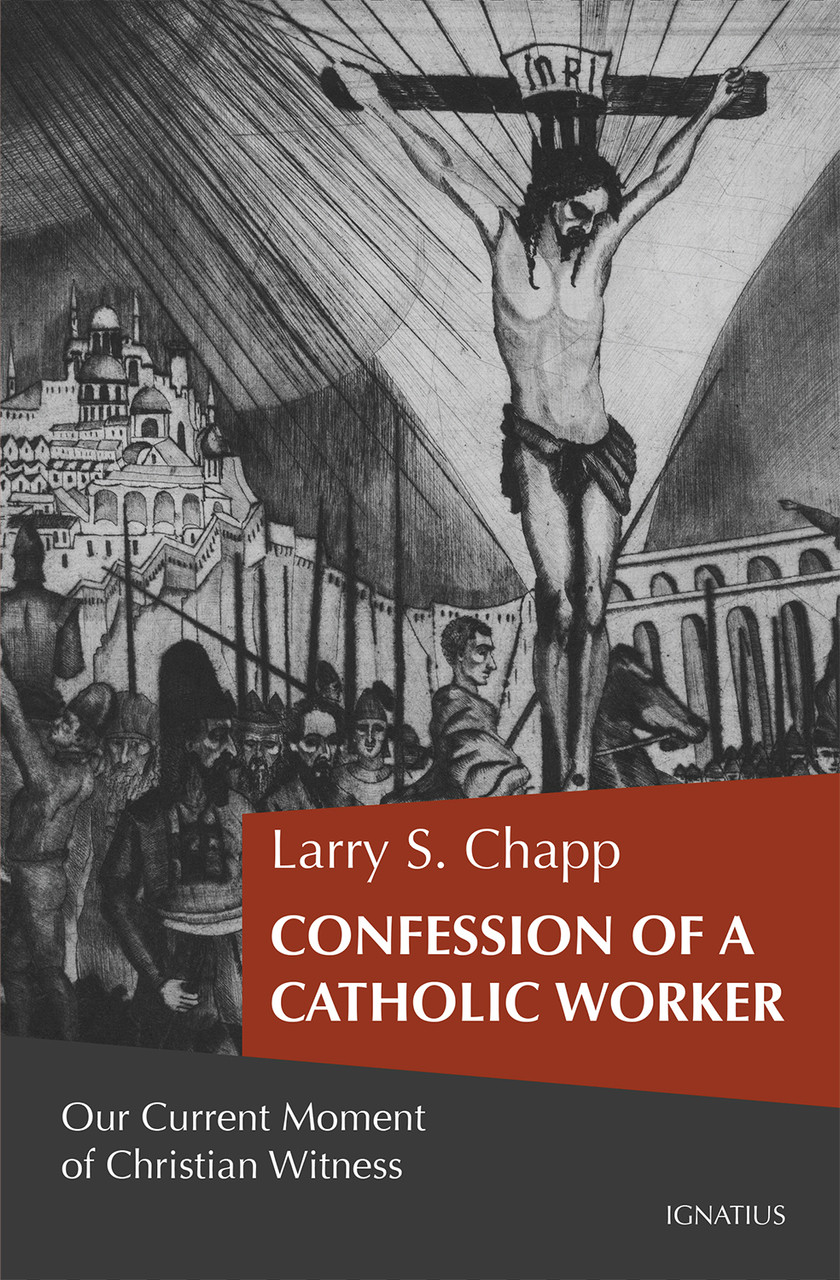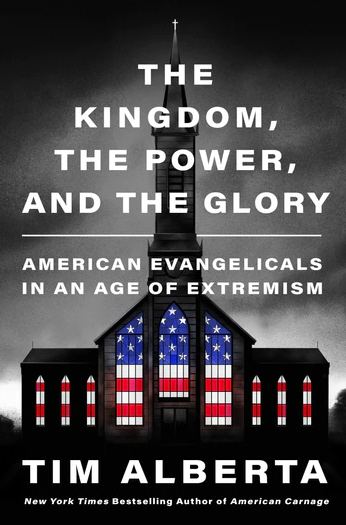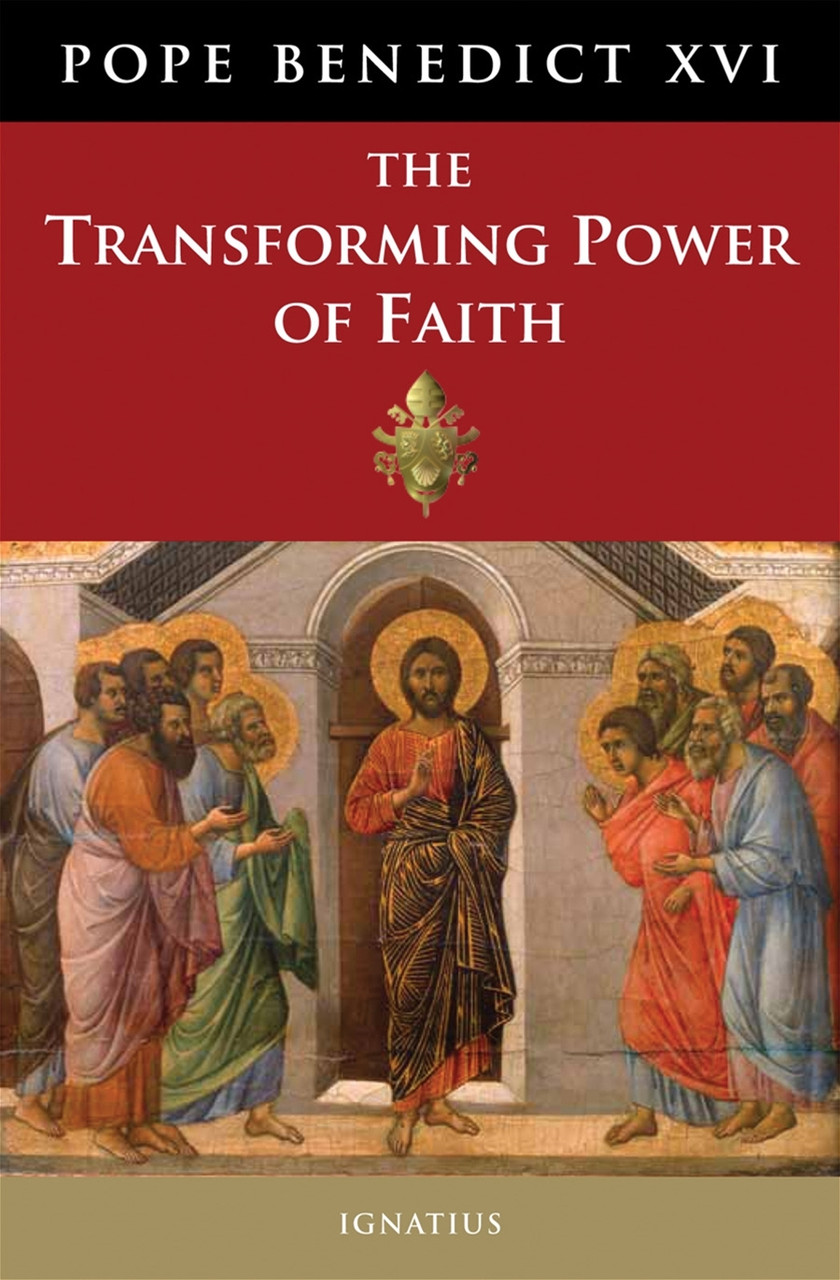THE CATHOLIC REVIEW: Thoughtful Reading for a New Year
by Deacon Rick Bauer
January in Colorado typically offers several opportunities to stay indoors and enjoy a good book, and so far 2024 is providing plenty such chances. It is also the start of an election year, when the relationship between faith and politics often becomes the topic of intense discussion and debate. Below are several suggestions to help navigate both the winter weather and the year ahead.
Confession of a Catholic Worker: Our Current Moment of Christian Witness
(Ignatius Press, 2023)
 We hear everywhere about the crisis in American Christianity, but thoughtful leaders are striving to address a crisis in the Catholic Church. Some say it is capitalism gone wild. Our preachers say it is the decay of tradition, family, and objective truth. Still others say it is the rise of radical, reactionary conservatism. The pundits say that sports, entertainment, and the overwhelming pace of two-income families and over-programmed children have left little “free time” for church. Though all may not agree on the nature of the crisis, who doesn’t agree that there is one, and who isn’t worried?
We hear everywhere about the crisis in American Christianity, but thoughtful leaders are striving to address a crisis in the Catholic Church. Some say it is capitalism gone wild. Our preachers say it is the decay of tradition, family, and objective truth. Still others say it is the rise of radical, reactionary conservatism. The pundits say that sports, entertainment, and the overwhelming pace of two-income families and over-programmed children have left little “free time” for church. Though all may not agree on the nature of the crisis, who doesn’t agree that there is one, and who isn’t worried?
For recently-retired Catholic professor Larry Chapp, who taught at DeSales University in Pennsylvania, crisis is always the norm of Christian existence. In a cold, dying world choked by greed, the Gospel calls for radical love and living according to the Sermon on the Mount. Using the theology of Hans Urs von Balthasar, Peter Maurin, and Dorothy Day, Chapp argues that the remedy to the disease of sin is not niceness (we have too much “beige” in our Christianity, he observes), not political liberation, not fancy liturgical dress, not technical rigor, but a free decision to live totally and joyfully in Jesus Christ, without compromise.
Chapp is known for his boldness and unflinching honesty in speaking his perspective, and his words will probably not be accepted universally. Chapp looks at tired arguments from exhausted, ineffective religious camps in the faith — traditionalism and progressivism, and the deadly mediocrity of the anonymous atheism that constitutes the omnipresent crisis of Christianity in the modern world. In Chapp’s view, the influence of culture, politics, capitalism, and an ever-rising standard of living in America has made the modern world “all bourgeois. It’s not so much that we don’t believe; it’s more that we’ve reduced God to one lifestyle choice among many, an idol of our own making who cannot, therefore, call us to a life-altering moment of cruciform living.” We all need warnings and guidance occasionally; his tone is arresting but not irresponsible. I learned much about Catholic workers like Dorothy Day and living the whole message of the Communio and Ressourcement movements following Vatican II. “Confession of a Catholic Worker” is an indispensable Catholic book and a much-needed ray of hope in these despairing times.
The Kingdom, The Power, and The Glory: American Evangelicals in an Age of Extremism
(Harper Collins, 2023)
 Tim Alberta is the son of an evangelical minister and a staff writer for The Atlantic. He was sickened when, on the day of his father’s funeral, some members of the congregation took him to task for his writings on the corruption of American Christianity, resulting in the fracturing of individual relationships and church congregations alike.
Tim Alberta is the son of an evangelical minister and a staff writer for The Atlantic. He was sickened when, on the day of his father’s funeral, some members of the congregation took him to task for his writings on the corruption of American Christianity, resulting in the fracturing of individual relationships and church congregations alike.
Alberta spent four years in search of answers in the modern evangelical movement. Reporting from hundreds of churches, Christian colleges, and religious advocacy organizations, Alberta offers a definite account of the decline of a once vibrant and influential religious faith. We meet a shocking warning to Christians of every stripe — here is a faith once rich and culture-shaping, now cheapened by partisan subterfuge and stained by scandal. The idea of America as God’s uniquely blessed land has degenerated into a right-wing nationalist fervor that merges two kingdoms into one and trivializes the gospel of Jesus Christ.
Alberta’s story should speak to any Christian tempted to see the hand of God in a particular political movement, leader, or party. Alberta summarizes evangelical political alliances since the Reagan presidency and outlines the situation by stating, “The crisis of American evangelicalism comes down to an obsession with worldly identity. Instead of fixing our eyes on the unseen, we have become fixated on the here and now.” As someone who was formerly an evangelist and pastor in the evangelical world, editor of the leading evangelical journal in America, and technology director in the Bush-Cheney Transition Team and Inaugural (I led a luncheon Bible study in the Dirksen Senate Office building), I saw how quickly the mighty can fall. Thankfully I am now “home” not only into Catholicism but to a more politically healthy outlook.
Catholics dabbling in one particular political persuasion might take counsel from the sad experience of America’s evangelical mistakes — especially those made all the more painful because they are self-inflicted. One Baptist minister summed it up for everyone when he observed, “The ongoing opportunity for evangelicalism is to live up to the language that’s right there in the Bible, which is loving your neighbor as yourselves.”
The Rise of Christianity: A Sociologist Reconsiders History
Princeton University Press, 2023 (Second edition)
 In “The Rise of Christianity,” sociologist Rodney Stark tries to discover how a tiny messianic movement on the edge of the Roman Empire become the dominant faith of Western civilization. At a time when the Christian influence on some continents is declining, it is worth investigating how this fledgling religion was able to grab the hearts, minds, lives, and purposes of vast empires of the world.
In “The Rise of Christianity,” sociologist Rodney Stark tries to discover how a tiny messianic movement on the edge of the Roman Empire become the dominant faith of Western civilization. At a time when the Christian influence on some continents is declining, it is worth investigating how this fledgling religion was able to grab the hearts, minds, lives, and purposes of vast empires of the world.
Though decades old, “The Rise of Christianity” is still provocative to new readers. Stark challenges conventional wisdom by finding that Christianity succeeded because it offered its followers a better, more secure way of life. Could that be our way back to sharing the gospel? Digging deep into the historical evidence and drawing insights about the appeal of contemporary religion, this classic book shows that early Christianity attracted the privileged rather than the poor and that most early converts were women or marginalized Jews. Captivating, responsible, readable — Rodney Stark throws light on an often murky subject.
(For comments or to suggest a book that might be helpful for Catholics, write Deacon Rick at rbauer@diocs.org.)
535